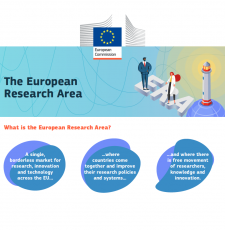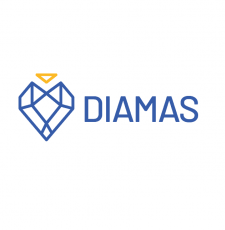
Patrick Mapulanga, Librarian at Kamuzu University of Health Sciences and EIFL Country Coordinator in Malawi, discusses the impact of 20 years of open access and open science in Malawi. And there are exciting plans for the future.
What has changed in open access and open science in Malawi?
Open access and open science have been gaining momentum in Malawi, especially over the last decade. The most significant change has been the establishment of open access repositories at institutions and universities in different parts of the country.
These repositories provide free access to research outputs, including articles, theses, and dissertations, previously only available through paid subscriptions or behind paywalls. This has increased the visibility of research conducted in Malawi and made it more accessible to researchers, policymakers, and the general public.
Another change has been the increased collaboration among researchers and institutions in Malawi, and also with researchers in other countries. Open access and open science facilitate the sharing of research and data, which has led to more collaborative research projects and greater cross-disciplinary research.
Open access and open science have also encouraged the development of research capacity. By making research outputs more accessible and encouraging collaboration, open access and open science have helped to develop a more vibrant research community, which is better equipped to address Malawi's development challenges.
Furthermore, open access and open science have positively impacted education in Malawi. Research is more accessible, and students and educators can incorporate the latest research findings into their teaching and learning.
How - the processes and dynamics leading to change
 The Malawi Library and Information Consortium (MALICO) is a membership organization that aims to improve access to information and knowledge resources in Malawi. Among MALICO’s key activities are to advocate for policies and regulations that support access to information and knowledge resources - including advocating for policies that support open access and open science.
The Malawi Library and Information Consortium (MALICO) is a membership organization that aims to improve access to information and knowledge resources in Malawi. Among MALICO’s key activities are to advocate for policies and regulations that support access to information and knowledge resources - including advocating for policies that support open access and open science.
Open access activities in Malawi started in the early 2000s when universities and research institutions began working with international organizations like EIFL and the International Network for the Availability of Scientific Publications (INASP) to promote the adoption of open access policies and practices in Malawi. Over the years, there have been several workshops, conferences and training programmes to promote open access and open science, involving MALICO and local and international partners.
One of the earliest open access initiatives was the Malawi Research Repository, launched in 2009 by the Malawi National Commission for Science and Technology (NCST) with support from INASP and EIFL. In 2014, the University of Malawi launched its institutional repository. Since then, several more universities have launched institutional repositories, for example the University of Malawi, Chancellor College; the Malawi University of Science and Technology; the Kamuzu University of Health Sciences; Mzuzu University, and Lilongwe University of Agriculture and Natural Resources.
"Overall, EIFL's role in driving change in Malawi has been significant, particularly in promoting the adoption of open access and open science policies and practices. By working with local partners to establish open access repositories, to provide training and support, and to promote the adoption of available open content licensing policies, EIFL has helped to improve access to information and knowledge resources in Malawi.” - Patrick Mapulanga, Librarian at Kamuzu University of Health Sciences and EIFL Country coordinator.
What’s next?
Research data management is still a new area for researchers and librarians in Malawi. A lot of research is being done, but the data-sets are mostly not made available for re-use and verification. This has led to duplication in studies, loss of valuable data and inability to share necessary data.
To address these issues, MALICO and EIFL have launched the Research Data Management Support Project, which started in May 2023. The project aims to develop open science policies and research data sharing platforms in seven institutions: University of Malawi, Malawi University of Science and Technology, Kamuzu University of Health Sciences, the Malawi University of Business and Applied Sciences, Lilongwe University of Agriculture and Natural Sciences, Mzuzu University and the National Commission for Science and Technology,
MALICO has conducted workshops on research data management for librarians, to build their capacities and empower them to drive research data management agendas in their institutions, to develop data sharing platforms and data management policies, and to train and support researchers.
A research data librarians group is being created to share experiences and develop research data management plans for their institutions. In addition the project is supporting librarians to advocate for research data management services at the institutional level, and to initiate discussions about institutional open access, research data management and open science policy.
More about EIFL's support for open access and open science in Malawi.
SHARE / PRINT








